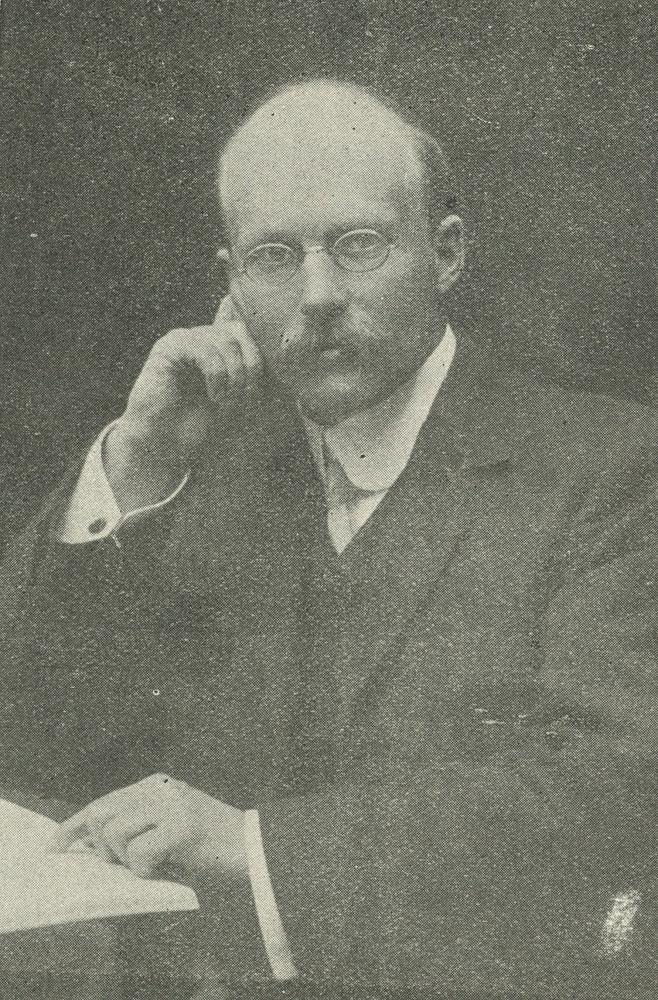
The Best of Both Worlds
A.B. Chappell 1872 – 1942
As I put together the Register of Ministers of the Methodist Church of New Zealand I became aware that the demands of the itinerant system were, sometimes, too much for an individual minister. They might choose to go to another denomination that didn’t have such requirements or they might choose another vocation altogether. A.B. Chappell was a name I knew from family conversation – he had been a national bible class leader when my parents were of that age. But I discovered that he had left the ministry to take up a career in journalism. At least, that’s what the record suggested.
However, the facts were different and his life story makes interesting reading as he seems to have been able to have ‘the best of both worlds’. So I describe his life here and leave you to decide. Whatever you think, he made a remarkable contribution to the life of the Church.
Born in England exactly 150 years ago, Chappell came as a boy with his family and settled at Te Puke, a part of an organised emigration scheme, called the Vesey Stewart settlement. He was a local preacher at 20 years of age, an evangelist in Palmerston North the next year and was accepted as a candidate in 1895. After a year’s training he started his probation at Thorndon in Wellington and over the next few years served in Christchurch and Auckland. He took up university studies there and completed his MA in 1904 – something of an achievement in those days. He married and became a brother-in-law to E.P. Blamires whom he followed as an organising secretary for the Young Men’s Bible Class movement.
His writing skills, presumably, led to his appointment as District Secretary in the Manawatu and Taranaki, and then as Assistant Secretary of Conference. And then, suddenly it seems, he was ‘given permission’ to act for five years as the Registrar of Auckland University College. He had become a member of the Royal Economic Society (FRES) and then in 1920 was the first person in New Zealand to be awarded the Diploma of Journalism. It was no surprise then to find him a member of the staff of the New Zealand Herald from 1927 until his death in 1942.
What is unusual is that A.B. (as he was known) was still on the stationing sheet throughout this whole period as a minister without pastoral charge. It might be assumed that he continued as a preacher in Auckland circuits, and he was certainly for a short time a tutor at the Theological College.
His writing on Church history and other related subjects was extensive, throughout a period of 30 years. He wrote 10 booklets on Methodist history, and a couple of others on people and places and events of the time. It seems he made himself indispensable to the Connexion in one way or another until his death in Auckland at the age of 70.
The Church today has a great need for effective journalism. There is good news to tell but it needs to be told in secular language as much as in the language of devotion. A.B. Chappell probably was the first such writer/reporter for Methodism in New Zealand. We need more like him.
